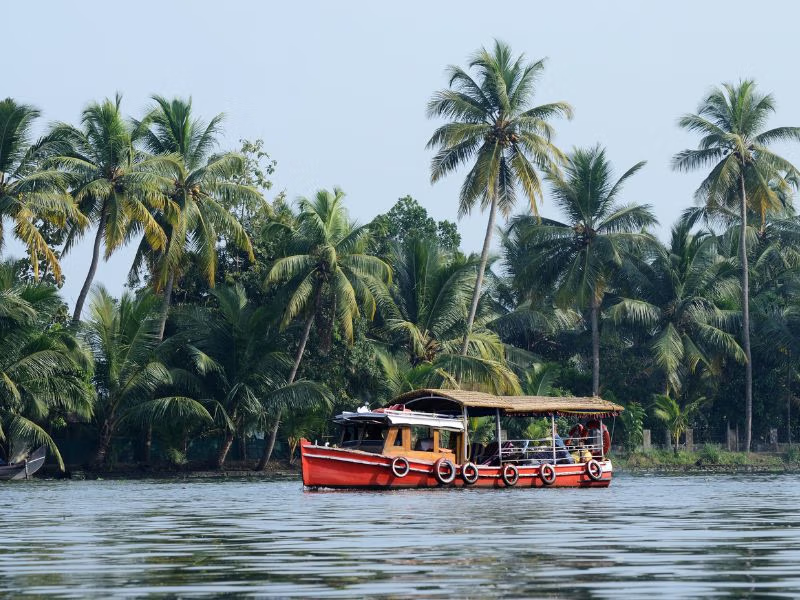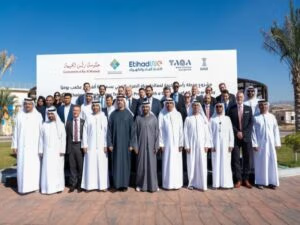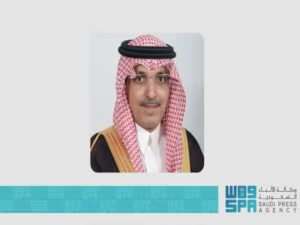Kerala is poised to create history yet again. On November 1, coinciding with Kerala Piravi, the state’s formation day, Chief Minister Pinarayi Vijayan will officially announce that Kerala has become India’s first “extreme poverty-free” state. The declaration will take place at the Central Stadium in Thiruvananthapuram, in the presence of ministers, Members of Parliament, and prominent film stars including Kamal Haasan, Mammootty, and Mohanlal.
The grand event, organized as part of statewide celebrations, will feature cultural performances and public gatherings to commemorate this major milestone. The Leader of the Opposition has also been invited to join the event, underscoring the significance of this achievement as a collective victory for the people of Kerala.
What Does “Extreme Poverty-Free” Mean?
When the Kerala government declares the state as “extreme poverty-free,” it signifies that no individual or household in the state lives in conditions where they cannot meet their most basic needs—such as food, shelter, healthcare, clothing, sanitation, and education. This means that every citizen has access to essential resources that enable a dignified life.
Globally, the World Bank defines extreme poverty as living on less than $2.15 (approximately ₹180) per person per day. However, India measures poverty through a broader, multidimensional lens. The NITI Aayog’s Multidimensional Poverty Index (MPI) takes into account not only income but also indicators like nutrition, housing quality, access to education, sanitation, and healthcare.
By achieving “extreme poverty-free” status, Kerala is effectively declaring that none of its residents fall below this threshold of deprivation—a remarkable social and economic feat.
How Kerala Achieved This Milestone
Kerala’s success did not happen overnight. The state has long been recognized for its strong focus on social welfare, education, and public health. Over the years, successive governments have invested heavily in grassroots development, local self-governance, and targeted poverty alleviation programmes.
Initiatives like the Kudumbashree Mission, which empowers women through micro-enterprises, and the Life Mission, which provides housing to the poor, have played vital roles. In addition, Kerala’s robust public healthcare system, universal literacy, and efficient local governance have collectively built a foundation that enables upward mobility and resilience against poverty.
Local Self-Government Minister MB Rajesh and Education Minister V Sivankutty highlighted that Kerala’s accomplishment makes it not just the first in India but the second region in the world to reach this milestone. They credited the achievement to the state’s commitment to social justice, decentralized planning, and people-centric governance.
Celebrations Across the State
To mark the announcement, special programmes are being organized across all local self-government bodies in Kerala. These celebrations will take place simultaneously, reflecting the participatory nature of Kerala’s governance model. Cultural performances, exhibitions, and community events will celebrate not only the end of extreme poverty but also the spirit of unity and progress that defines Kerala’s identity.
At the main ceremony in Thiruvananthapuram, film icons and political leaders will join citizens in commemorating the state’s journey toward inclusive development. The event will also showcase Kerala’s continued focus on sustainable growth and social welfare.
A Model for the Nation
Kerala’s achievement stands as a benchmark for other Indian states, demonstrating that eradicating extreme poverty is possible through sustained commitment to welfare and equality. The state’s model emphasizes that economic development alone is not enough; rather, it is the equitable distribution of resources, strong public systems, and inclusive governance that bring lasting change.
By becoming India’s first extreme poverty-free state, Kerala has once again positioned itself as a leader in human development and a symbol of social progress, offering a roadmap for a more equitable future for the entire nation.





